Gardens
Gardening and landscape design ideas to help you make the most of your outdoor living space.
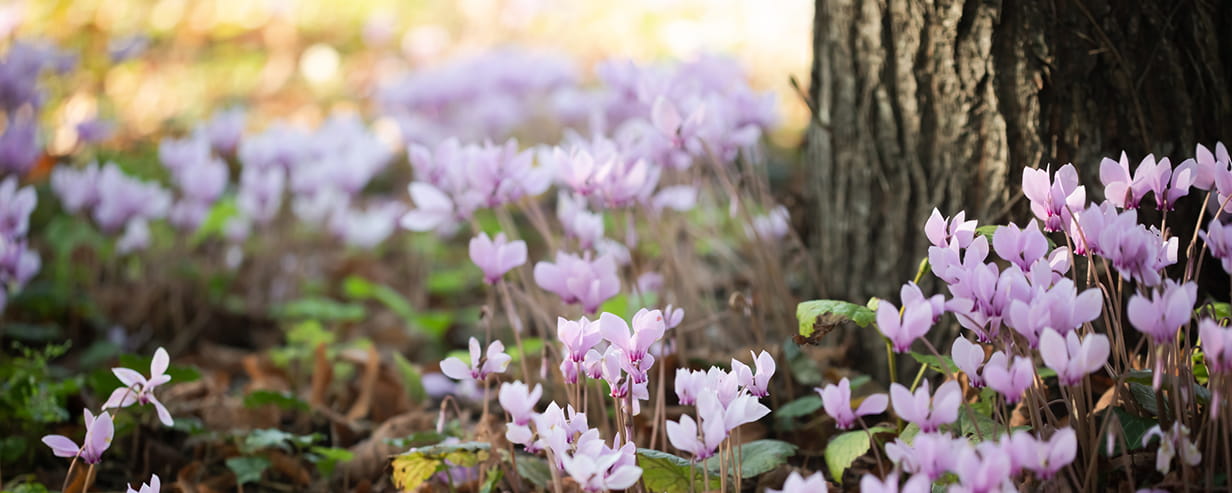
Jobs to do in the garden in February
It may be cold, but there are essential jobs to be done in the garden in February to get ahead for spring.
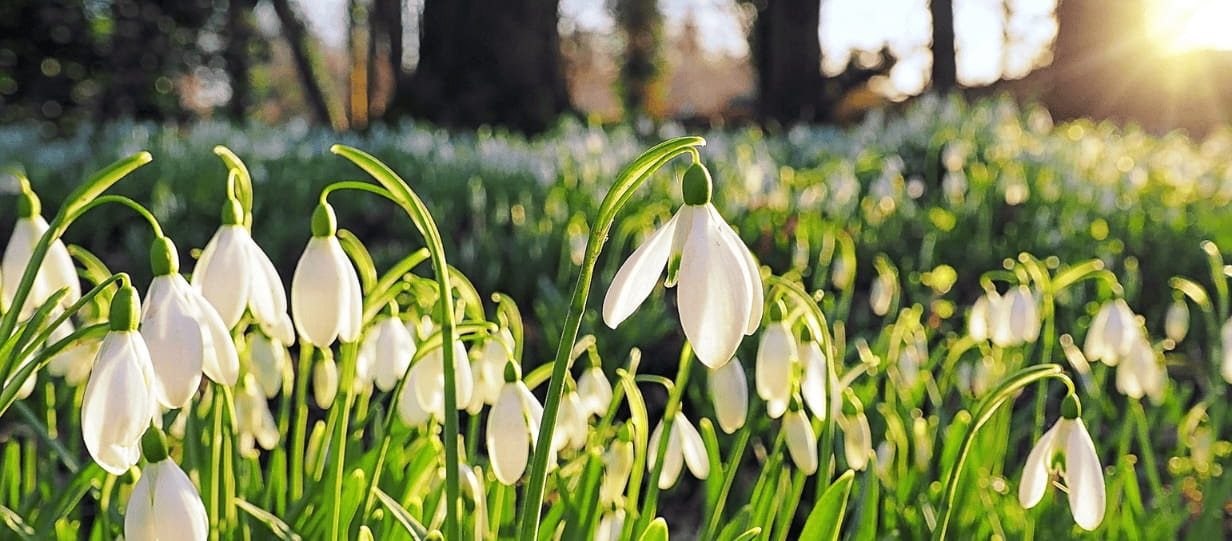
Celebrate snowdrop season with 6 of the best places to see them

How to deal with waterlogged soil in your garden
The best ways to improve soil drainage and choose plants that thrive in damp conditions.
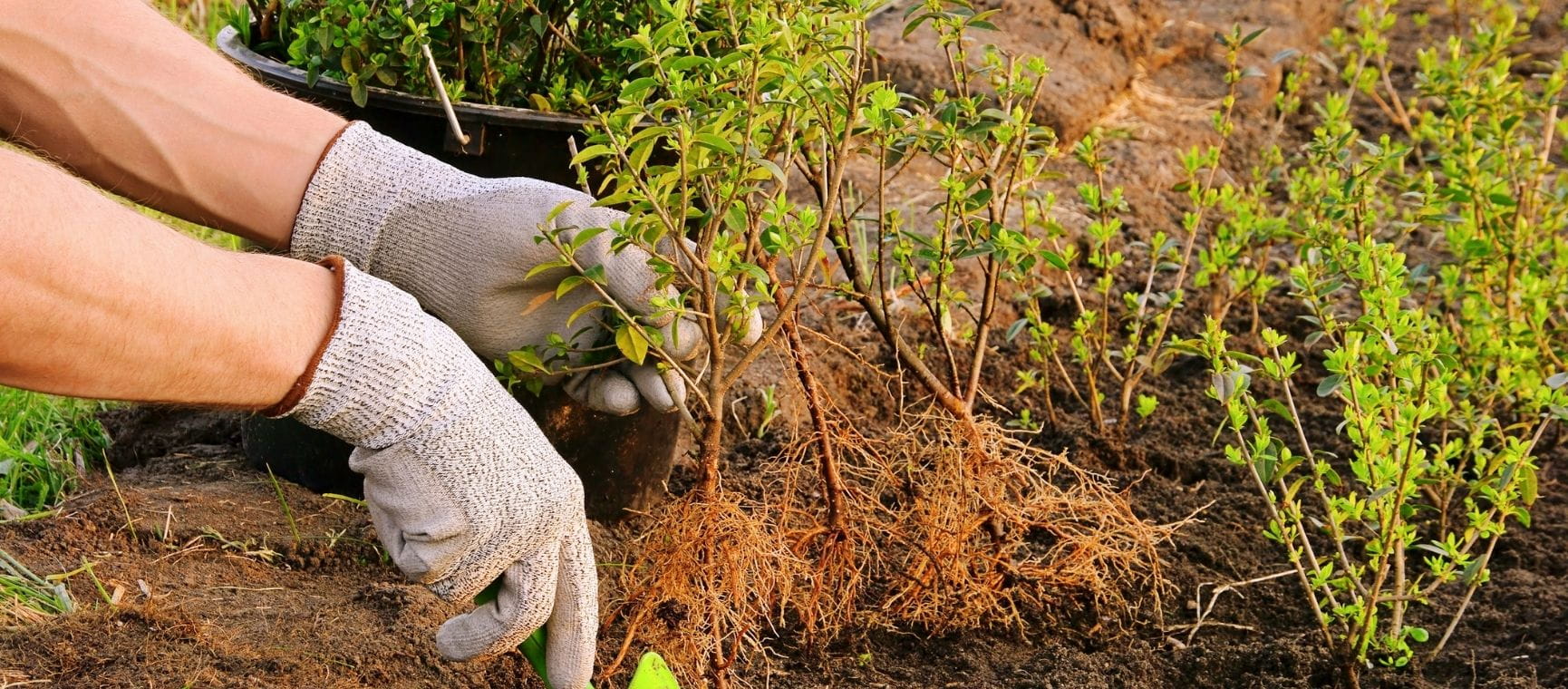
How to plant bare-root roses, trees and hedging
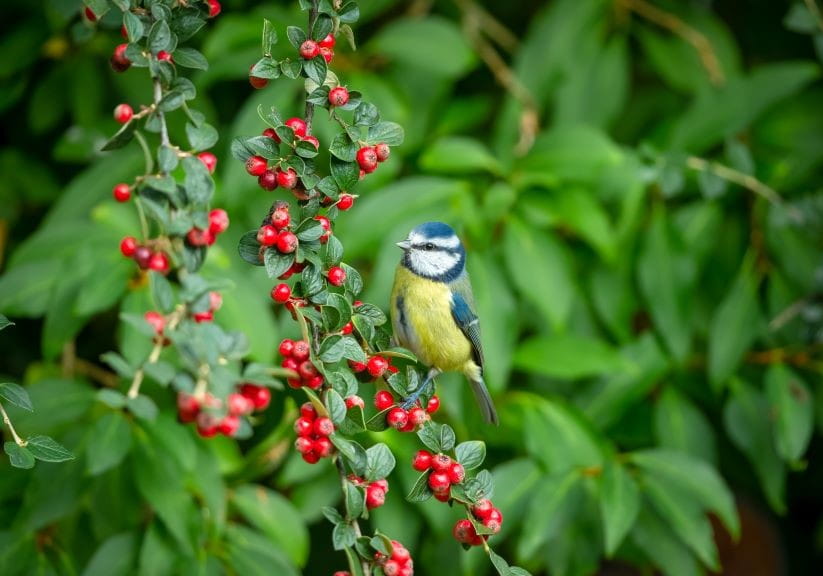
The 10 best plants to attract birds into your garden
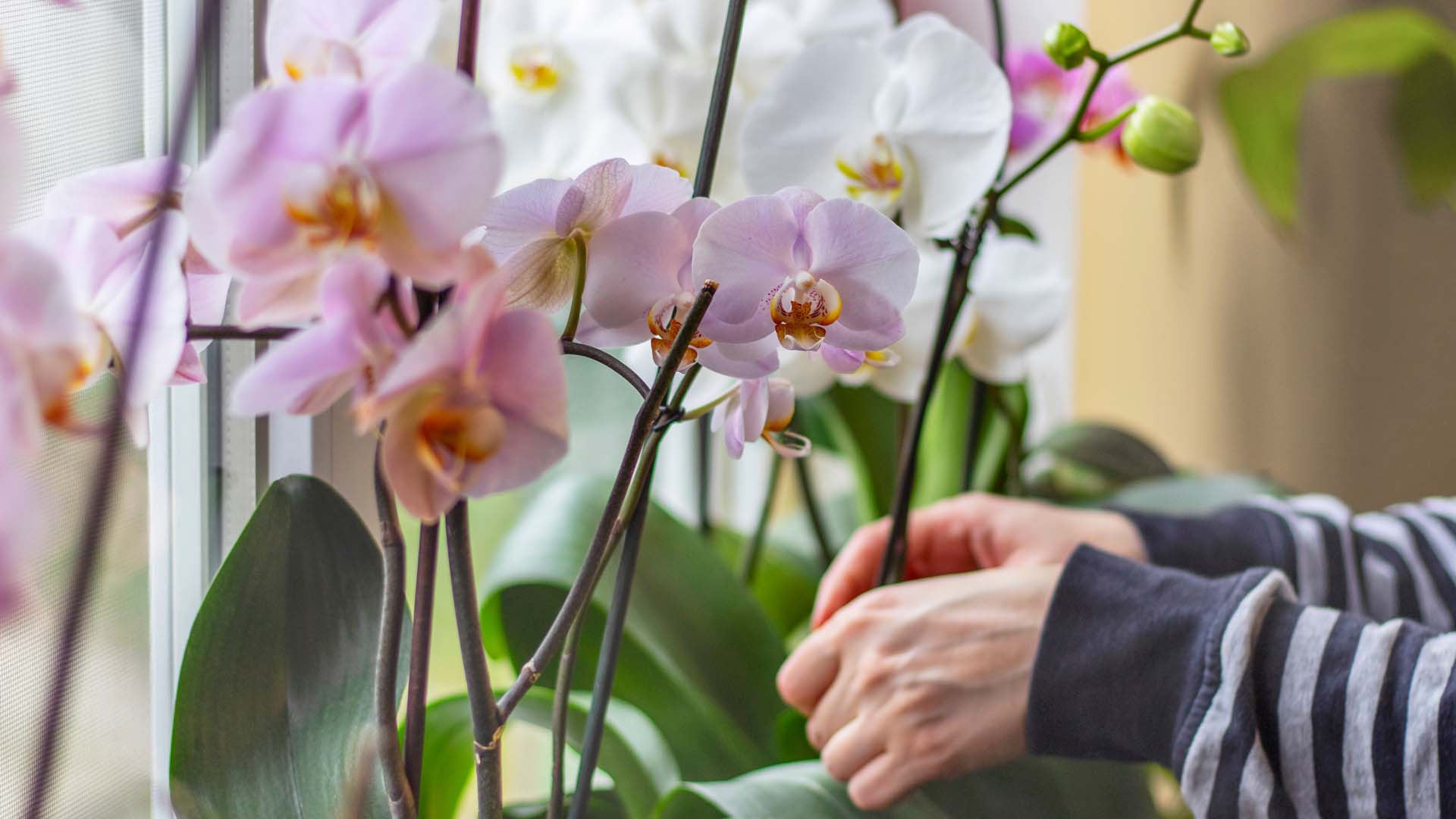
How to care for orchids: and a big watering mistake to avoid
Our expert pruning and watering hacks include a top tip to keep them flowering from Alan Titchmarsh.

13 outdoor kitchen ideas for year-round alfresco feasts
Our outdoor kitchen ideas come with expert design tips for easy alfresco dining.

5 ways to help daffodils in a vase last longer
Daffodils in a vase can wilt sooner than they should - we've got 5 ways to help their spring cheer last as long as possible.
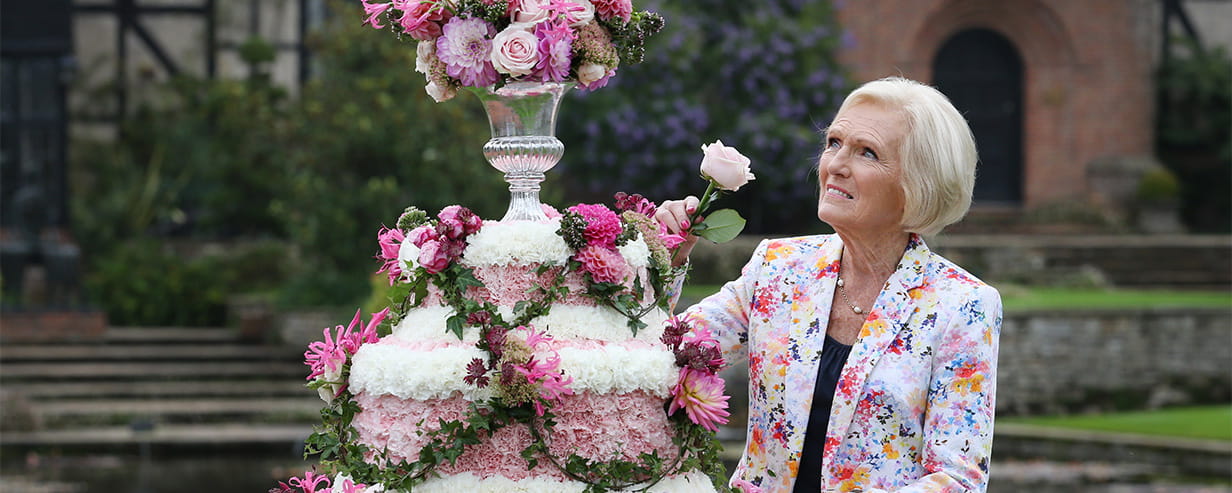
Review: My Gardening Life by Mary Berry
The national treasure’s love of green spaces shines through in her new gardening book.
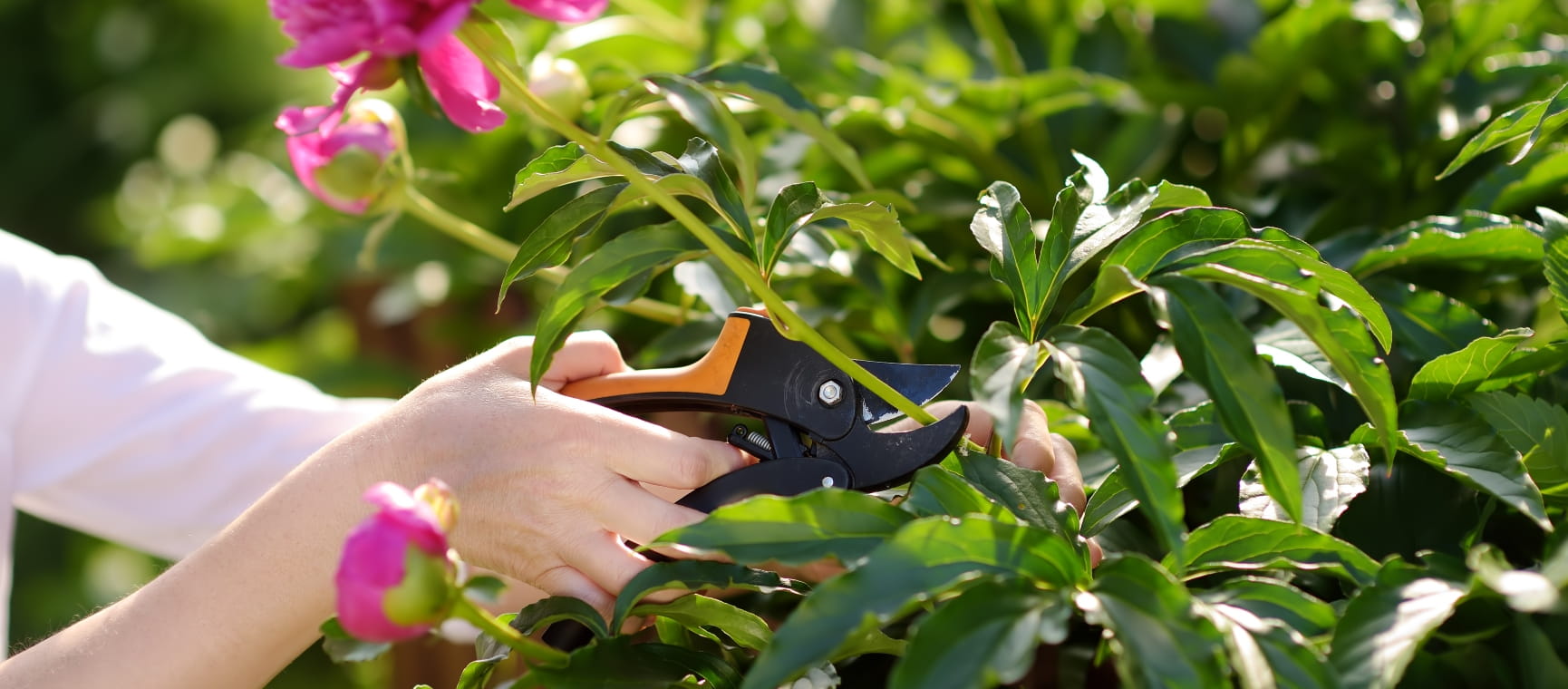
The best tools to make gardening easier
We’ve selected 7 of the best tools to lighten your load so you can keep gardening through every stage of life.
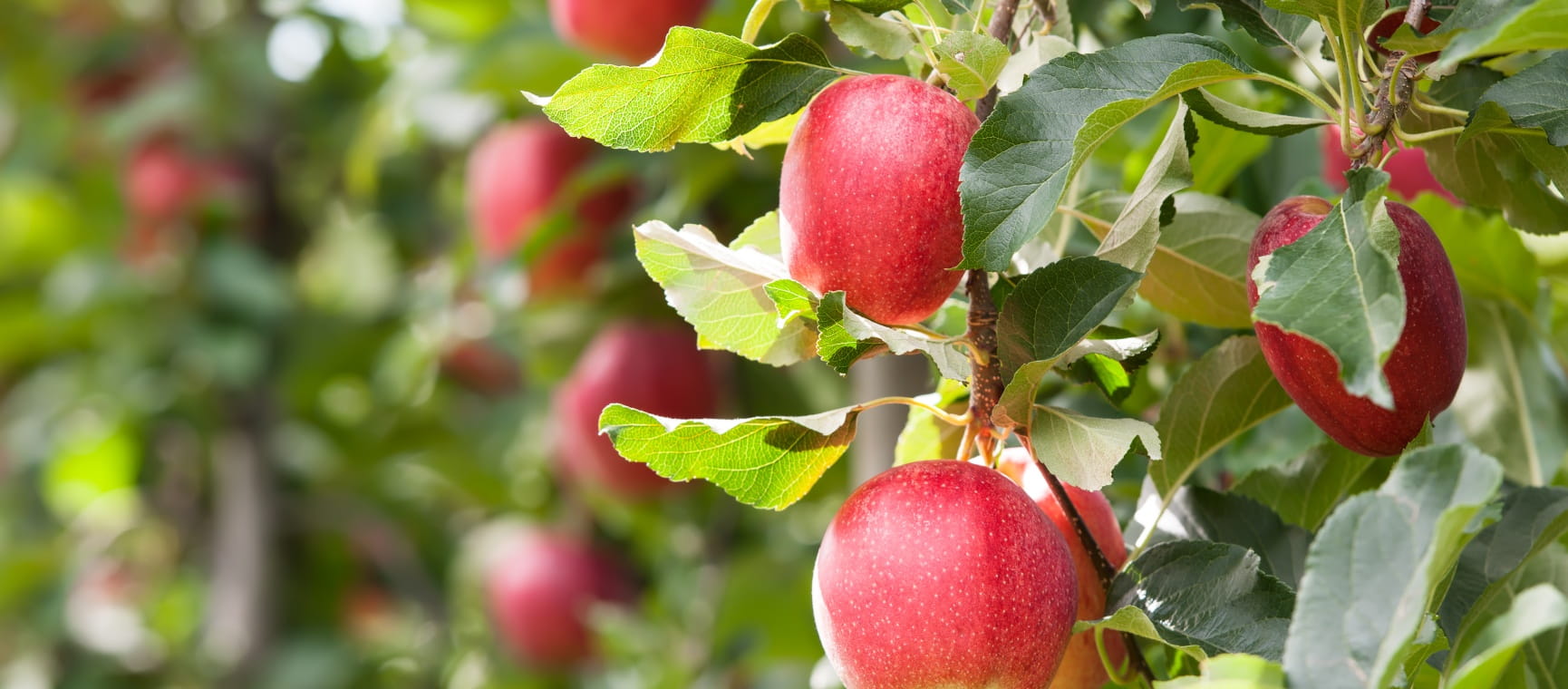
Why now is the best time to prune apple trees for bumper crops

Celebrate snowdrop season with 6 of the best places to see them
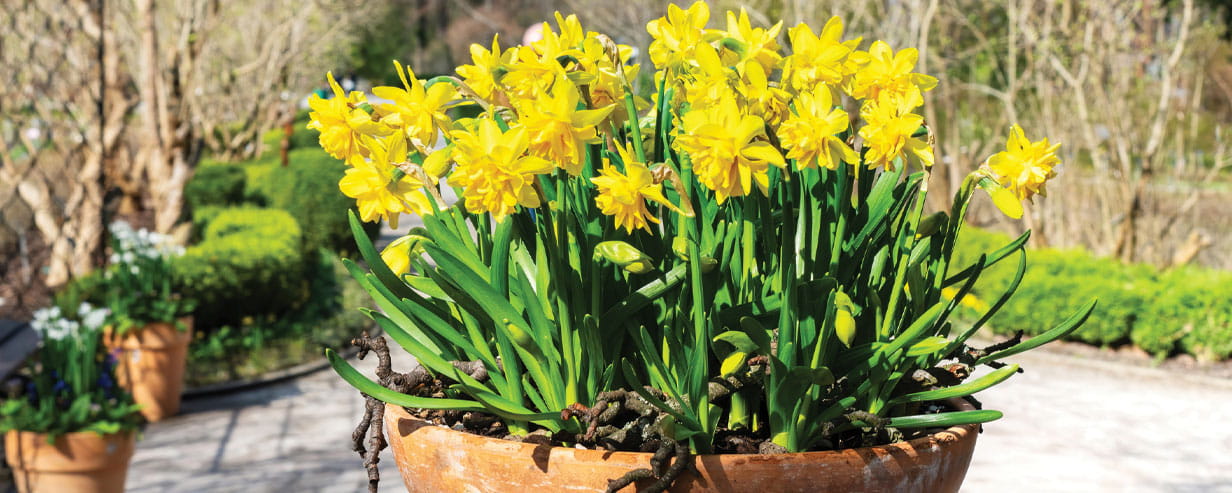
10 ideas for getting your garden ready for spring
From protecting your fruit trees to clearing up winter waste, our top tips will prepare your patch for the season ahead.

Arit Anderson on the heartbreak behind her new Chelsea garden
The garden designer and TV presenter reveals why her mission to raise awareness of Parkinson’s through this year’s Chelsea Flower Show is so deeply personal.

For a limited time, enjoy 3 issues of Saga Magazine for just £1. Receive the next 3 print editions delivered direct to your door, plus 3 months’ unlimited access to the Saga Magazine app—perfect for reading on the go.
Don’t miss your chance to experience award-winning content at an exceptional price.
Play our free daily puzzles
Beat the boredom and exercise your mind with our selection of free puzzles.



